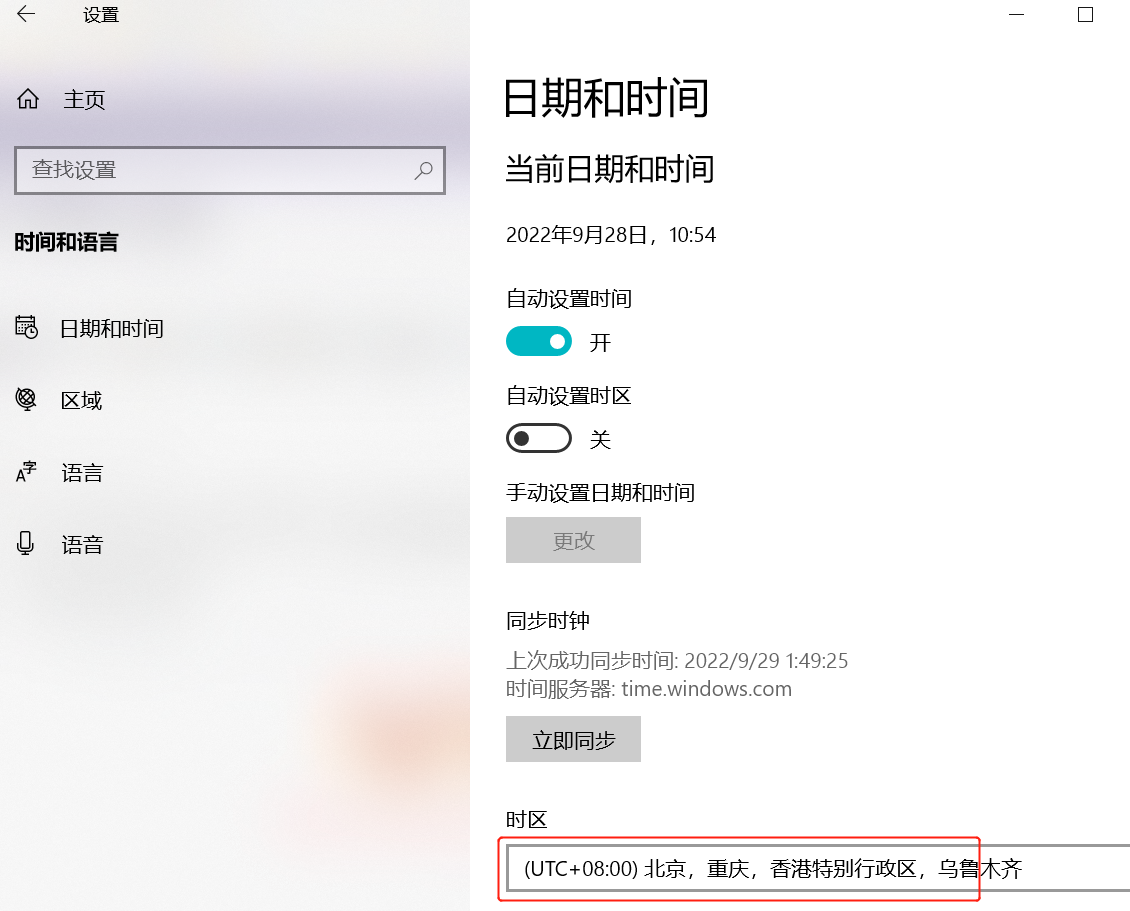问题描述
此代码:
trait SayHello {
fn say_hello() { println!("hello") }
}
trait Foo {
type Hello: SayHello;
}
trait Bar: Foo {
type Hello: SayHello;
}
struct Generic<T>(T);
impl<T> Generic<T> where T: Bar<Hello = <T as Foo>::Hello> {
fn say_hello() {
T::Hello::say_hello()
}
}
返回此错误:
error[E0221]: ambiguous associated type `Hello` in bounds of `T`
--> src/lib.rs:17:9
|
6 | type Hello: SayHello;
| --------------------- ambiguous `Hello` from `Foo`
...
10 | type Hello: SayHello;
| --------------------- ambiguous `Hello` from `Bar`
...
17 | T::Hello::say_hello()
| ^^^^^^^^^^^^^^^^^^^ ambiguous associated type `Hello`
|
help: use fully qualified syntax to disambiguate
|
17 | <T as Foo>::Hello()
| ^^^^^^^^^^^^^^^^^
help: use fully qualified syntax to disambiguate
|
17 | <T as Bar>::Hello()
| ^^^^^^^^^^^^^^^^^
但不应该有任何歧义。明确指出Hello 和Foo 中的bar 关联类型相同。
- 为什么会出现问题?
- 有没有办法让这个逻辑起作用?
解决方法
如果 T 实现了 Bar,它也必须实现 Foo,根据您对 trait 的限制。因此,T::Hello 中的 say_hello() 可以同时指代 <T as Foo>::Hello 或 <T as Bar>::Hello,它们修复了您的示例。
可以引入另一个参数 H: SayHello 并将 Foo::Hello 和 Bar::Hello 设置为 H。分派到 say_hello() 然后通过 H::say_hello() 而不是 T::Hello::say_hello() 工作。
struct Generic<T>(T);
impl<T,H> Generic<T> where T: Bar<Hello=H> + Foo<Hello=H>,H: SayHello {
fn say_hello() {
H::say_hello()
}
}

 设置时间 控制面板
设置时间 控制面板 错误1:Request method ‘DELETE‘ not supported 错误还原:...
错误1:Request method ‘DELETE‘ not supported 错误还原:...